Why Power is so Hard to Talk About
Power dynamics are one of the reasons that change fails. If you get a powerful person against the change it is finished! I’ll illustrate with a story – and of course, names have been changed!
Once upon a time, long, long ago… I was working on a process change in an organization and trying to implement it with a team of change leaders and managers. We had developed an ally who (we thought) was very powerful, to help us. Oscar was a Senior Vice President in the organization, and he had considerable power. Most of the organization reported through him, including some of the most difficult stakeholders. The change directly benefited him, and he was on board.
A sub process change required a department head, Susan, to adopt a new process that had additional controls and audits. Susan was the head of a department that had considerable revenue generation and held the most important data for the organization. Susan was very set in her ways and resisted anyone coming in and looking at her department and work. She was very proud, and fastidious, to a fault. Her view? If it ain’t broke don’t fix it! Susan wasn’t interested in the change. In fact, this change was very threatening to her, so she was vocally and adamantly demonstrating her disagreement. You also had to be careful with Susan, she often sabotaged changes and nobody could quite figure out how. It always seemed that whenever there was conflict, her bad behaviour was tolerated, and somehow she always came out on top. Hence why we recruited Oscar to help. He was our ringer. With him, Susan couldn’t refuse to make the changes. She had no choice.
So, what happened? We prepped the meeting with Susan, prepped Oscar and… in the meeting, Oscar capitulated.
I was devastated. The team was completely gutted. All that work, and for what? To be sabotaged by our most powerful ally. It would be an underestimation to say that the change died that day. It was ultimately, not successful.
Later, I was back at my desk, completely devastated. My work friend Tricia stopped by. She had already heard the news. She asked me out for coffee and so we left for the coffee shop across the street.
And there, I heard the REAL story about what happened.
Tricia had been with the organization since its inception and had been there before Susan joined. She recalled how the power dynamic shifted when Susan came on board. She was already friends with the CEO, Tomas, and he was the one who brought her in. Tricia explained that Susan and Tomas had a long-standing friendship before they started working together and that Susan had helped Tomas though an early organizational crisis. He trusted her implicitly, but this blind trust and fear meant that Susan could manipulate him – and resulted in her capability to sabotage any changes she didn’t want.
So if our change was doomed from the start, why didn’t anyone tell us?
The thing is that Tricia had warned me. She had said “You need to be careful with Susan”. Most of our other allies had sidestepped or avoided our ask to confront Susan. Oscar, our VP ally was newer and didn’t know the history. While the overall change benefited him, and he was willing to confront Susan, he capitulated. Why? We found out later that the CEO had approached him directly, and behind closed doors asked him to compromise on the change for Susan specifically.
This, coincidentally, was one of the personal experiences that planted the seed for Connected Change ™
So why is power so hard to talk about? Our culture responds to power and notices its intricacies, but it isn’t “polite” or acceptable in our culture to call out or name power publicly. Talking about power is seen as distasteful and unsavory. That is why conversations about power happen one on one between two people, and typically, outside of the environment or unseen. We hide power behind closed doors, in hushed conversations and in relationships that are cultivated outside of the office. We use coded language to talk about power, to not implicate ourselves. If you hear “be careful” or, “if I were you …” you’re probably hearing about power in some way.
As a change manager or leader, it is imperative that you’re building relationships with people in your organization affected by the change, but also with others who have insight and knowledge about how these things work, and then, take them out to coffee, offsite, and ask: “What do I really need to know to be successful here?” listen for coded language and how people talk about “how things get done”.
Since this initial experience I’ve seen this repeated many more times. I’ve become better at navigating it, making these relationships visible and helping others to learn this skill.
What do you think makes it hard to talk about power?
We’re sharing a free stakeholder template with our subscribers in the December edition of our newsletter that helps you understand power relationships
Sign up before December 15th HERE to reserve your copy!
Going forward we’re going to be sharing free templates for core change management deliverables every month with subscribers to our newsletter.

